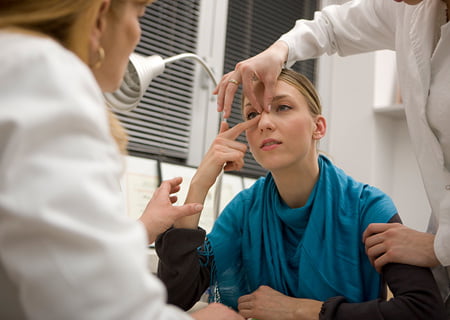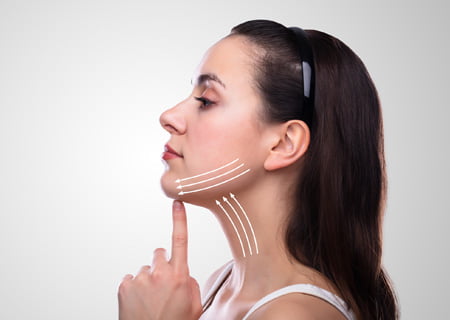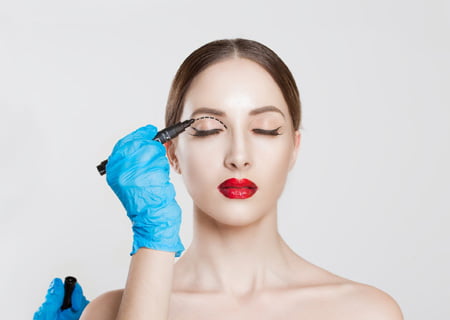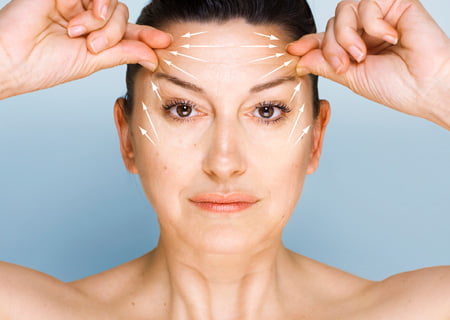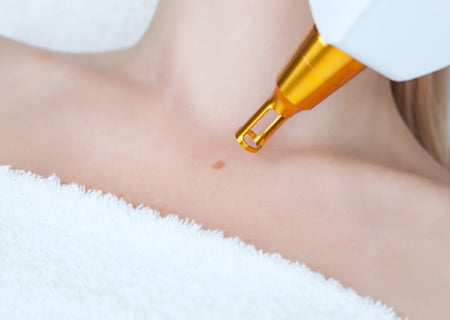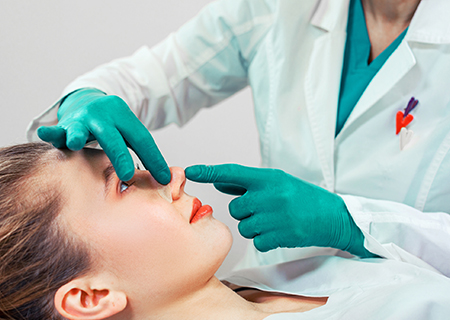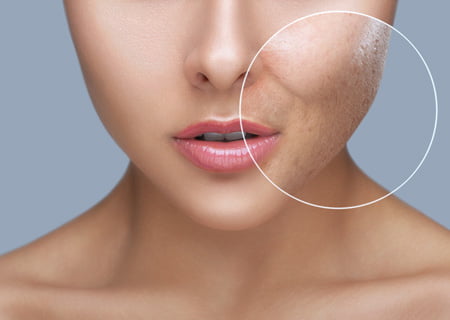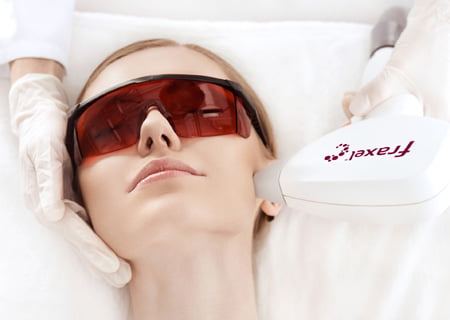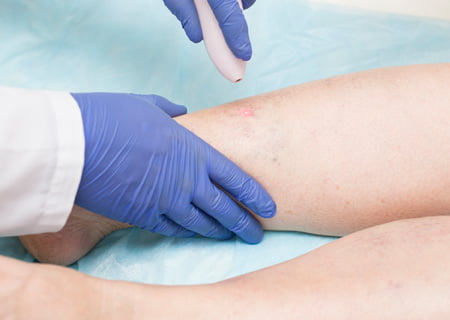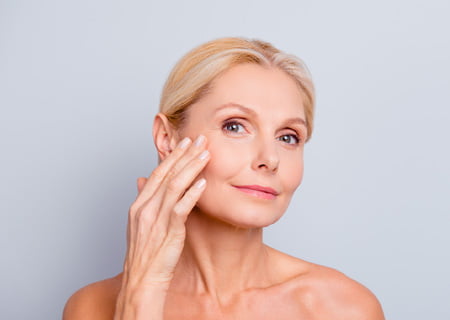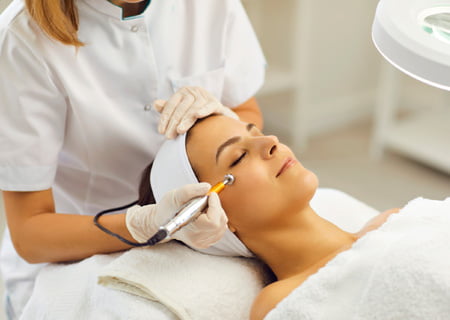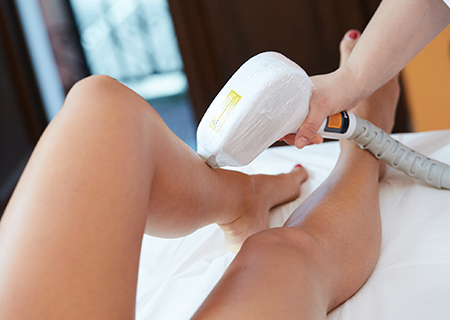What Are the Most Popular Pre-Wedding Skin Treatments?

Your wedding day is a historic event full of excitement, happiness, and of course, lots of pictures. As you go to the front stage, you naturally want your skin to seem fresh and glowing. Although a solid skincare regimen and excellent habits define great skin, expert pre-wedding skin treatments may improve your appearance to the next degree. We discuss the most often used choices, their workings, and the need of time below.
Planning Your Timeline: When to Start
When it comes to skin treatments before wedding , timing is key. Certain procedures like laser therapies or medium-depth chemical peels should be initiated several months before the big day to ensure full healing, while gentler treatments like facials can be carried out closer to the event. Here’s a rough guide:
- 6–12 Months Before the Wedding: Plan your introductory visit. Evaluate your skin issues — acne scars, hyperpigmentation, fine lines — then create a customized schedule with a licensed specialist. If necessary, this window also lets time for many visits and more thorough treatments.
- 3–6 Months Before the Wedding: Beginning or continuing treatments with lengthier recovery times — such as medium-depth peels, laser resurfacing, or microneedling — should If you're initially looking at injectables, this is also a good time frame to see how your skin responds.
- 1–2 Months Before the Wedding: Focus on touch-ups. This could include lighter chemical peels, mild Microneedling, or additional sessions of the treatments mentioned above. If you’re opting for dermal fillers or neuromodulators (like Botox®), this window ensures that any minor swelling or bruising has time to resolve.
- 1–2 Weeks Before the Wedding: Consider a final gentle facial or HydraFacial to hydrate and brighten your complexion. Avoid trying any completely new procedure during this period to minimize the risk of unexpected reactions.
1. Chemical Peels
Who They’re For:
Individuals with concerns like uneven skin tone, fine lines, acne scars, or dullness.
How They Work:
The face is treated with a chemical solution varying in mild to medium depth, which exfoliates the surface layer of skin to expose a more even, smoother complexion.
What to Expect:
You might experience redness, peeling, or mild sensitivity post-procedure—especially with stronger peels. Thus, scheduling these peels at least a few weeks (or months for medium-depth peels) before the wedding is crucial.
People also search
Insider Tip: Seek recommendations for the best skin treatments before the wedding from a qualified professional, especially when it comes to chemical peels. A tailored approach ensures you don’t over-exfoliate or irritate your skin.
2. Microneedling
Who They’re For:
Brides or grooms dealing with mild acne scarring, fine lines, or enlarged pores.
How They Work:
A specialist tool gently creates tiny columns of opening in the superficial skin surface, similar to “airing the lawn”. This increases product penetration and speeds cell turnover and collagen production.
What to Expect:
The treatment is relatively quick with minimal downtime, though some individuals may experience slight redness afterward.
Insider Tip: A series of Microneedling sessions spaced a couple of weeks apart can deliver cumulative benefits, especially when combined with Exosome infusions. This is a solid skin treatment before marriage if you want a refreshed look without extended recovery.
3. Laser Skin Treatments
Who They’re For:
Those want to take care of more serious issues include sun damage, redness that never goes away, or major acne scars.
How They Work:
Different laser wavelengths target different skin problems; some break down pigment while others boost collagen synthesis to address textural problems and wrinkles.
What to Expect:
For light treatments, recovery spans a day or two; for more intense laser resurfacing, it might span a week or more. You can get redness, minor swelling, or anything like a moderate sunburn.
Insider Tip: Schedule laser sessions at least three to six months ahead of time. As part of your pre-wedding skin treatments, lasers can offer significant improvements — just plan for the necessary downtime to let your skin heal fully.
4. Microneedling
Who They’re For:
People seeking better skin tone, texture, and lessen the look of big pores or acne scars.
How They Work:
Fine needle devices produce regulated micro-injuries in the skin that set off the body's natural healing mechanism and increase collagen formation.
What to Expect:
Like a minor sunburn, your skin may be pink to mildly red after treatment. Though it's rare, flaking or peeling can happen.
Insider Tip: If microneedling is part of your wedding skin treatment plan, start at least three months before the big day. This gives you time for multiple sessions and optimal collagen-building effects.
5. Dermal Fillers and Neuromodulators (e.g., Botox®)
Who They’re For:
Anyone wishing to soften fine wrinkles (around the eyes, forehead, or mouth) or give subdued volume to the lips or cheeks.
How They Work:
While dermal fillers provide volume under the surface of the skin, neuromodulators — like Botox® — relax specific muscles to minimize wrinkles.
What to Expect:
Though these adverse effects usually go away in days to a week, some swelling or bruising might develop. Getting natural-looking outcomes depends on proper positioning.
Insider Tip: If you’ve never tried injectables, do a trial run at least three to six months before the wedding. This ensures enough time for touch-ups, helping you find the best skin treatments before wedding that align with your aesthetic goals.
6. Signature Facials and Hydration Therapies
Who They’re For:
Nearly anyone wanting a gentle, non-invasive skin boost.
How They Work:
Customized facials can include deep cleansing, exfoliation, and hydration. Advanced treatments like the HydraFacial® combine these steps in one session, often incorporating LED light therapy for enhanced radiance.
What to Expect:
Minimal to no downtime, with skin often feeling instantly smoother and more hydrated.
Insider Tip: When deciding on skin treatments before wedding, try to avoid testing brand-new facials just days before your event. Stick to proven favorites in the final weeks to reduce any risk of irritation or breakouts.
7. Other Considerations for a Bridal Glow
- Consistent Skincare Routine: Gentle cleansers, serums, broad-spectrum sunscreen — at-home care supports in-office treatments. Most importantly is consistency.
- Lifestyle Factors: Give stress management, a healthy diet, and good sleep first priority. Your skin's look can be much improved by these everyday routines.
- Professional Guidance: Seeking skin treatments before wedding near me is beneficial not just for convenience but also for personal follow-up appointments, local expertise, and last-minute adjustments. A board-certified dermatologist or experienced skincare professional can tailor a plan to your skin type and timeline.
Why “Near Me” Matters
Searching for skin treatments before a wedding near me is more than just a matter of convenience. Local experts understand the regional climate and common skin concerns in your area. Moreover, easy access to your skincare provider makes it simpler to schedule follow-up sessions, tweak treatment plans if needed, and handle any time-sensitive adjustments as your wedding date approaches.
In Conclusion
Your wedding photos will capture memories you’ll cherish forever. Investing in pre-wedding skin treatments — whether it’s chemical peels , microdermabrasion, microneedling, or a custom facial — can help you walk down the aisle with confidence. The secret to success lies in starting early, following professional guidance, and customizing a regimen that addresses your unique needs. By planning your skin treatment before marriage well in advance, you ensure a luminous, camera-ready complexion for one of the most special days of your life.
Disclaimer: This article is designed solely for general informational purposes and is not a substitute for professional medical advice. It is imperative to seek the counsel of a qualified healthcare professional to ascertain the most suitable treatment plan tailored to your individual circumstances.
